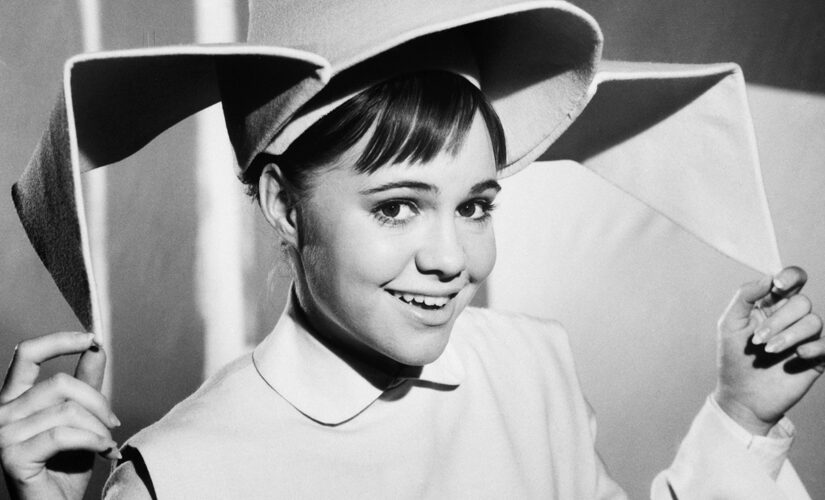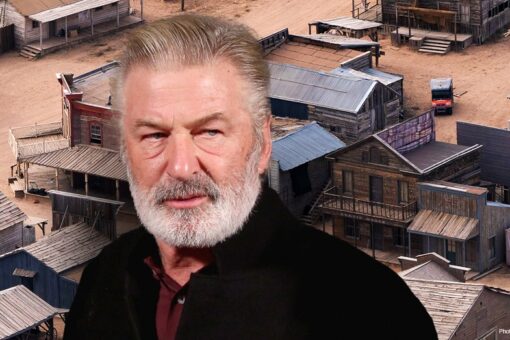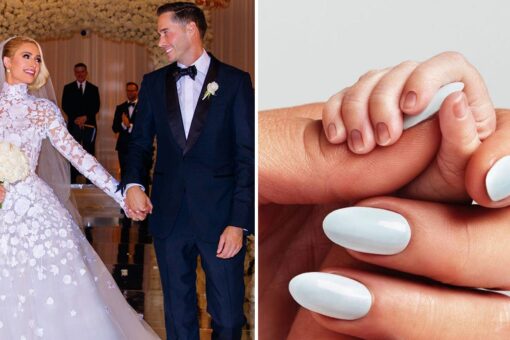NEWYou can now listen to Fox News articles!
It’s no secret that Sally Field loathed “The Flying Nun.”
The sitcom, which aired from 1967 until 1970, focused on the comical misadventures of a nun (Field) who can somehow fly.
When the actress was asked by Variety on Thursday how she forced herself to get up every morning and perform for a project she hated working on, the star replied, “It was a job.”
“And I learned to survive things,” the 75-year-old explained. “It’s important to learn how to survive things, things you like, things you don’t like. I just had to put my head down and go to work and do the very best job I could. And those are the things when you realize that there’s a reason why you’re eating so much but trying to hide. You’re trying to cover up your depression. But at that point in my life, I didn’t have the skills to what was happening to me… and being able to see what your dreams are.”
SALLY FIELD ARRESTED WHILE PROTESTING CLIMATE CHANGE WITH JANE FONDA: REPORT
Actress Sally Field in ‘The Flying Nun’, circa 1967.
(Getty Images)
According to Field, it was Madeleine Sherwood, who played Mother Superior, who encouraged her to look beyond the series.
“… [She] took me by the hand because she recognized what was going on with me at the end of the first season and took me to The Actors Studio, where I began to work with [director] Lee Strasberg,” said Field. “It was this big transition into my recognizing I wanted to be a real actor.”
But even after “The Flying Nun” came to an end, Field struggled to make the transition from comedy to films.
“… It wasn’t that I would fail an audition,” she pointed out. “I couldn’t get in the door. I couldn’t get on the list. And I had to change that. I felt in my heart that if you blamed other people… then you’re dead. Then you give away all your power. You’re powerless and helpless, and that is a recipe for depression. You always have to be the one that has the power. It was about me getting skilled enough that I got the role because that’s how good I am.”
CLICK HERE TO SIGN UP FOR THE ENTERTAINMENT NEWSLETTER
Sally Field’s agent told the actress she wasn’t ‘pretty enough’ to do films.
(Photo by ABC Photo Archives/Disney General Entertainment Content via Getty Images)
“I knew I had to get away from the public eye,” the Oscar winner continued. “I couldn’t be in situation-comedy television anymore. The only way to make the transition was to hope they’d forget about me. So I wanted to back away from other television offers altogether.”
Field said she marched over to her agent and informed him that she wasn’t going to do sitcoms anymore. Field made it clear she was studying to be an actress and was eager to appear on the big screen instead. However, his response was, “Well, that’s never going to happen.”
“It wasn’t quite that cruel, but he said, ‘Eh, I really advise you against that,'” Field recalled. “Basically, he said, ‘You’re not good enough and you’re not pretty enough… Situation comedy is the place for you, you cute little girl next door with the brain of a pea.’ I mean, that’s what he thought.”
Field went on to star in 1979’s “Norma Rae,” which led to her first Oscar in 1989.
CLICK HERE TO GET THE FOX NEWS APP
Actress Sally Field starred in the 1979 20th Century Fox production of ‘Norma Rae’.
(Getty Images)
“Dianne Crittenden, the casting director, had let me in on it, even though I could hear [director Bob] Rafelson in the background screaming that I was a waste of his time,” said Field. “But Dianne had heard from a friend of hers about the reputation I was creating at The Actors Studio. So she called me in … and I finally did get in the room and read for him.”
“It was sort of jaw-dropping because I knew how to own my anger then,” she continued. “I knew how to use it. It wasn’t going to triumph over me. It was going to come out of my hands, my face, my feet and my body. I wasn’t going to hit him. He just wasn’t going to know what I was going to do. He called me back for another audition. … I remember he said to me, ‘Clearly, you can’t be the best one. You must have auditioned more than anybody else.’ Needless to say, I did finally get the role.”




